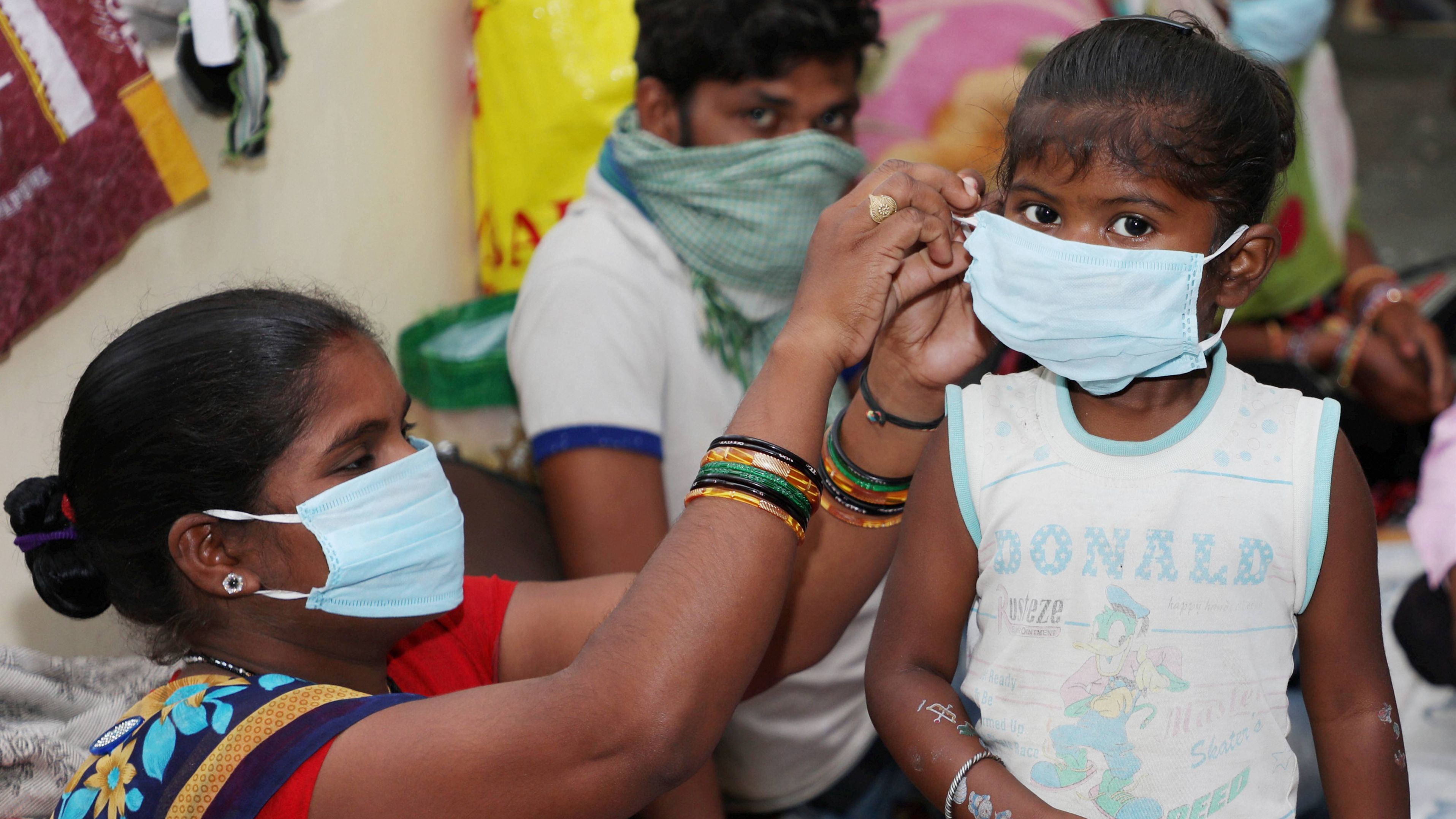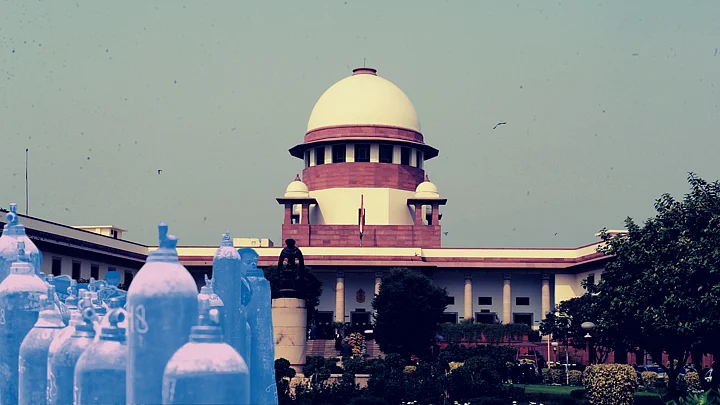In an interim report submitted to the Karnataka state government, a 16-member expert committee headed by Dr Devi Shetty, has recommended reopening of schools. Each student should, however, be insured for Rs 2 lakh if they attend offline classes, the committee has recommended.
The committee has also mandated that all those who interact with children at home or school must be vaccinated if they are above 18-years. These include parents, relatives, teachers. and bus drivers, among others.
Health Minister Dr K Sudhakar acknowledged the receipt of the report and said the state will be fully prepared for the third wave, “within 45 days of receiving the final report from the committee,” reported Deccan Herald.
3.4 Lakh Children May Get Affected
According to the committee’s projections, 3.4 lakh of Karnataka’s 2.3 crore children in the 0-18 age group may get infected during the third wave. Among those infected, 23,804 children might require hospitalisation, 6,801 may require ICU and 43,358 would require COVID care centres. The committee estimates that 85 percent of the infected children will be asymptomatic, The Times of India reported.
Statewide, children would require 27,205 hospital beds with 13,602 ICU or HDU beds and 54,409 beds in COVID Care Centres during the third wave’s peak, the report read. Bengaluru alone would require 3,677 hospital beds with 1,838 ICU or HDU beds and an additional 7,353 beds in COVID Care Centres.
It also estimated that 2.2 per cent of the total population in the state will be infected at the same time.
‘Schools Becoming Infection Hubs, Not Proven’
The panel has observed that all government, aided and unaided schools in rural areas, smaller towns, and bigger towns can be reopened.
The report said that the possibility of schools becoming infection hubs has not been proved anywhere in the world while noting that any delay in achieving near normalisation of schooling will be more detrimental than COVID-19 itself, the Times of India reported.
“Digital learning has achieved less than expected and also created large gaps in learning and educational inequality,” the report read, adding that “any further delay in school reopening may push children into malnutrition, child labour, child marriage, child trafficking and begging, worsening their condition.”
Doctors who worked on the report said schools can be reopened with adequate precautions once the case positivity rate in most districts during the second wave falls below 5 percent for two weeks.
“We have recommended a health cover of Rs 2 lakh to every child going to school to be sponsored by the state. This is not life insurance cover. The same has been tried in some countries. This way, we can build confidence among parents to send their wards to schools,” a panel member was quoted by The Times of India.
“Awareness drives on physical distancing, mask, sanitisation and good ventilation of the premises should be ongoing and effective in all schools. The day-to-day troubleshooting needs to happen locally, taking clues from broader state guidelines,” the report added.
‘Decentralise Vaccination Drive’
The committee advocated decentralising the vaccination drive and recommended micro-planning at the primary health centre level to fast track coverage of the general population.
The committee suggested setting up jumbo vaccination centres in cities, schools, anganwadis, wedding halls, and mobile vaccination units in buses. In rural areas, it advocated the use of panchayat offices to administer vaccines.
The panel mandated that the state must focus on inoculating all eligible people within three to four months. It has asked the state government to avoid holding vaccination sessions in government hospitals to prevent crowding and possible creation of COVID-19 hotspots.
Instead, it has encouraged inoculations at all medical facilities including doctors’ clinics, especially paediatric facilities, which have a cold storage facility.
The committee has also recommended that vaccination should be prioritised in eight districts with poor health infrastructure including Bengaluru Rural, Chamarajanagar, Yadgir, Koppal, Haveri, Chitradurga, Chikkaballapur, and Kolar.
Experts have recommended that the government draft a state-level policy to prevent hospital from stocking unused vaccines beyond 10 days. It has recommended that the government monitor cold chains at all levels, right up to the recipient to ‘ensure vaccine potency and cold chain efficacy’.
(At The Quint, we question everything. Play an active role in shaping our journalism by becoming a member today.)




